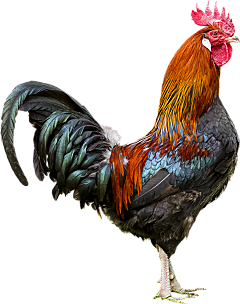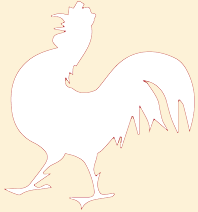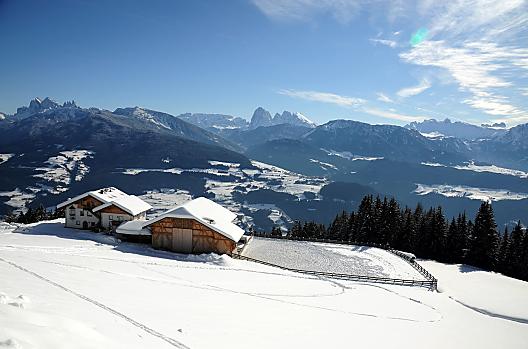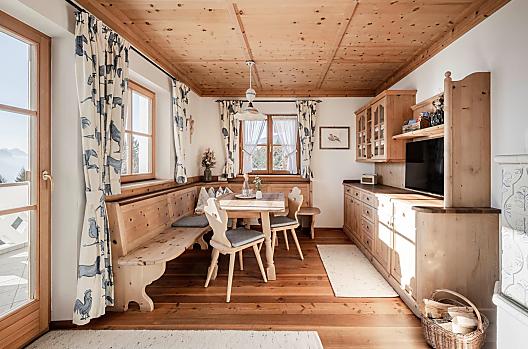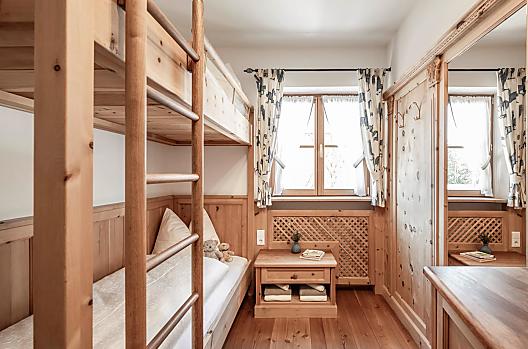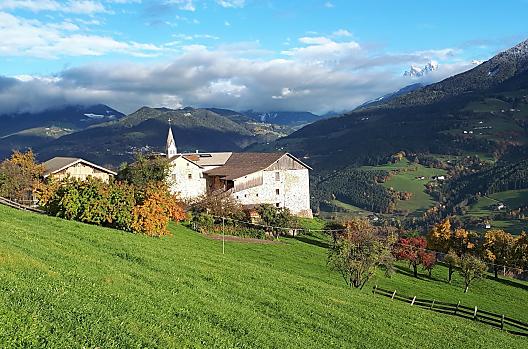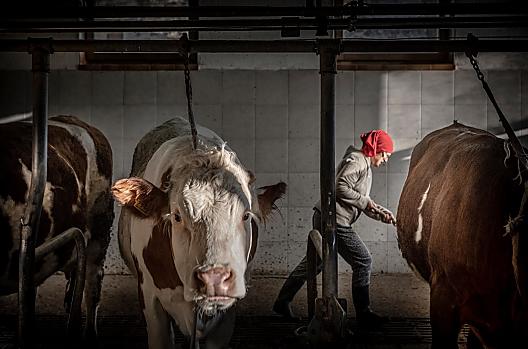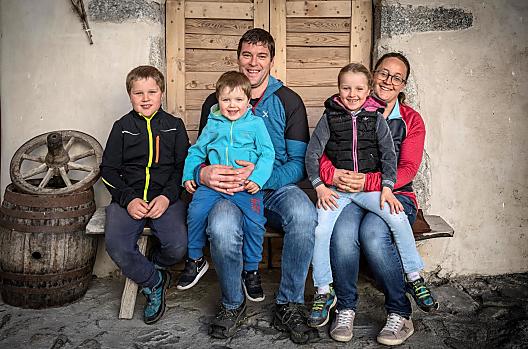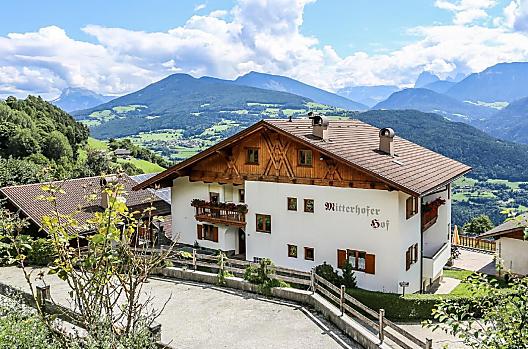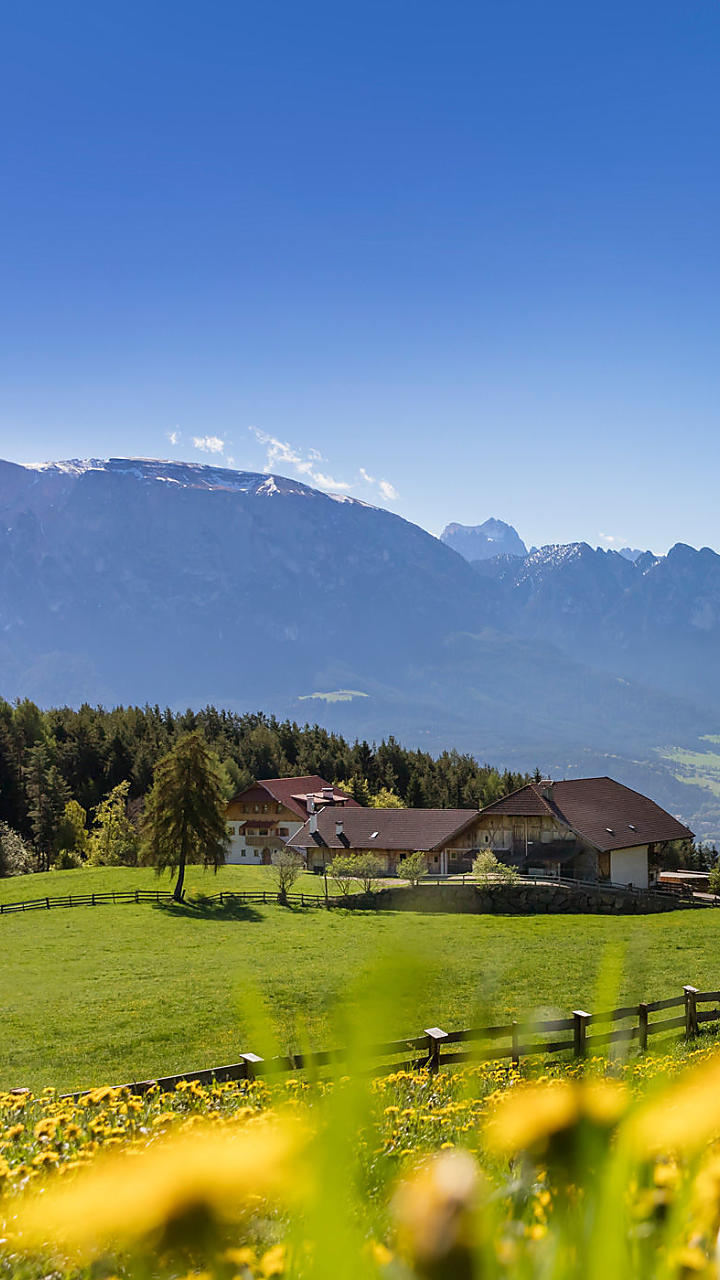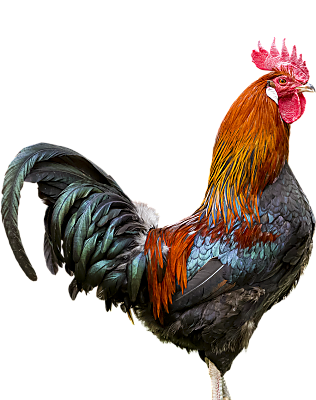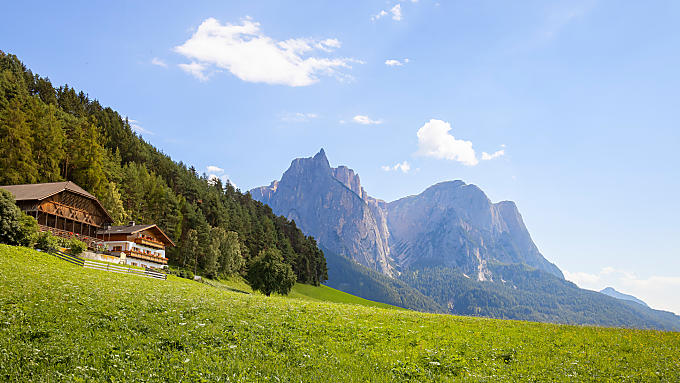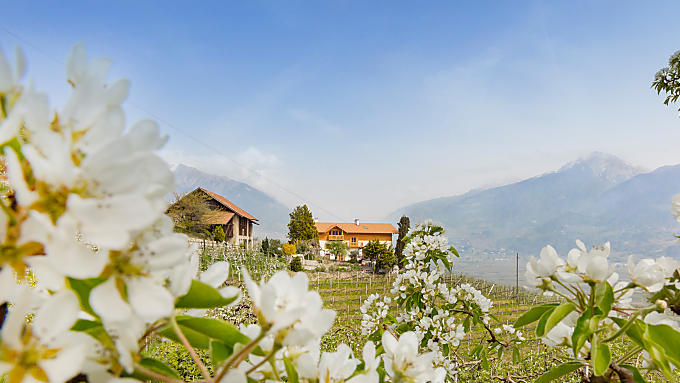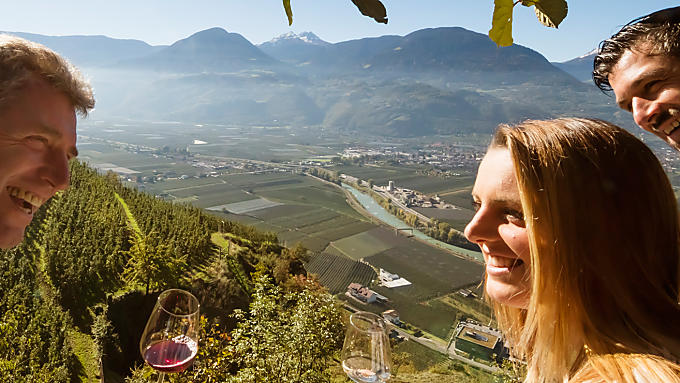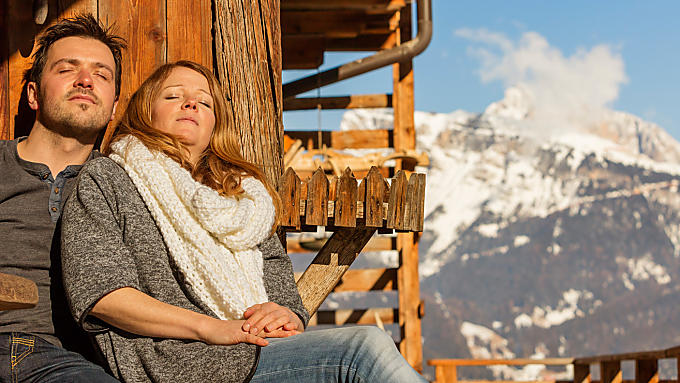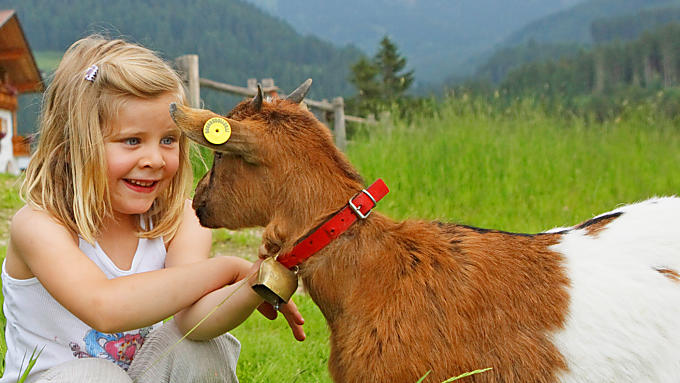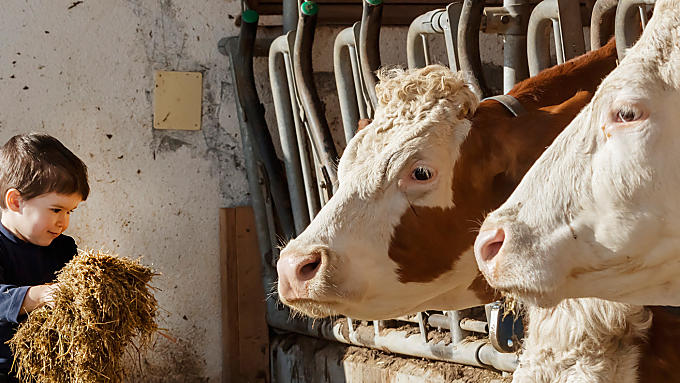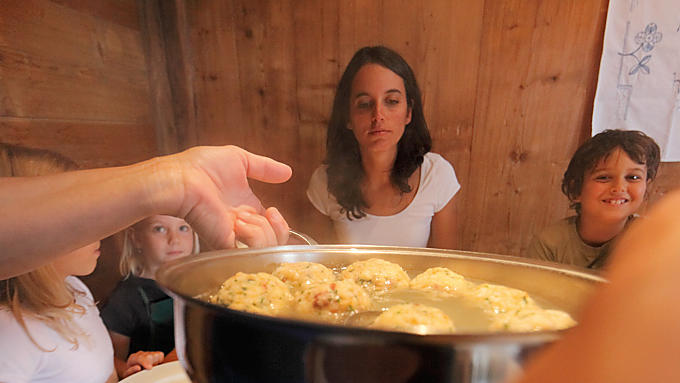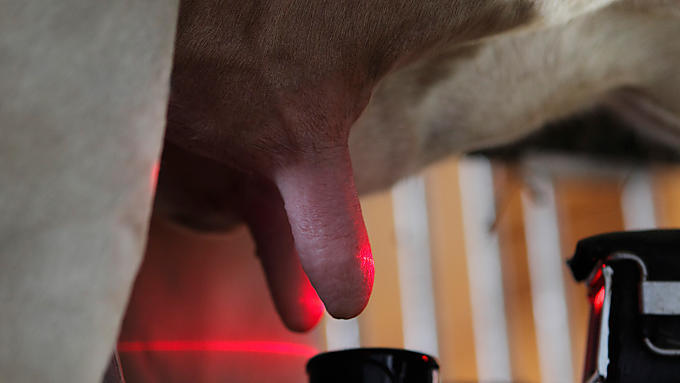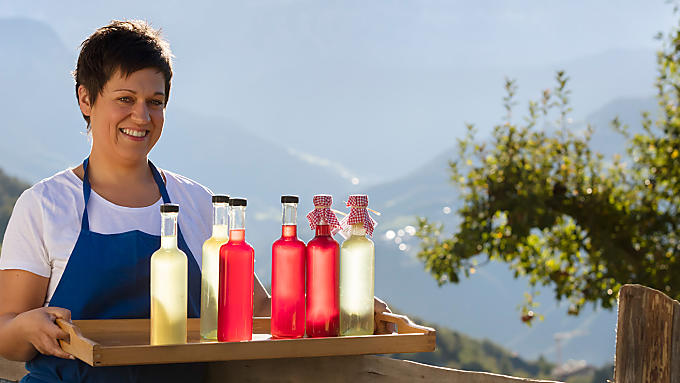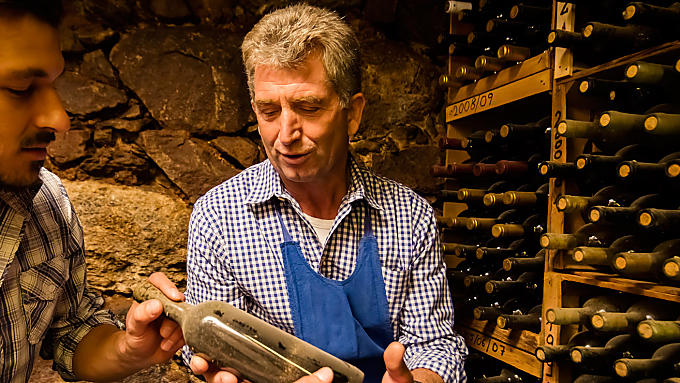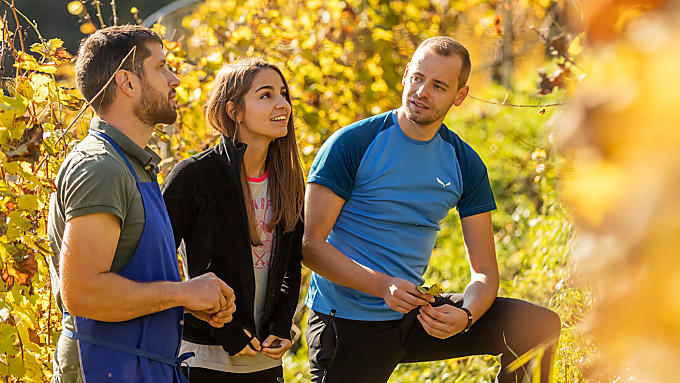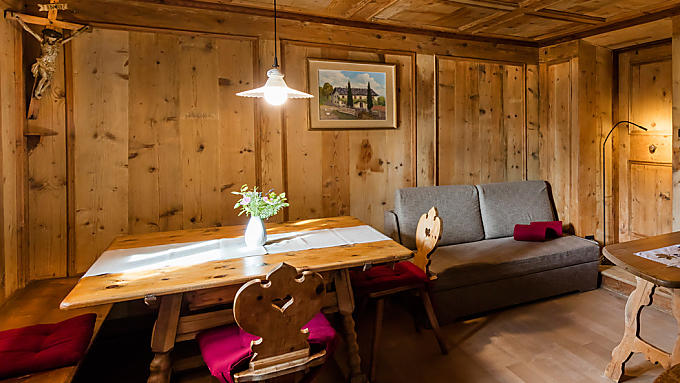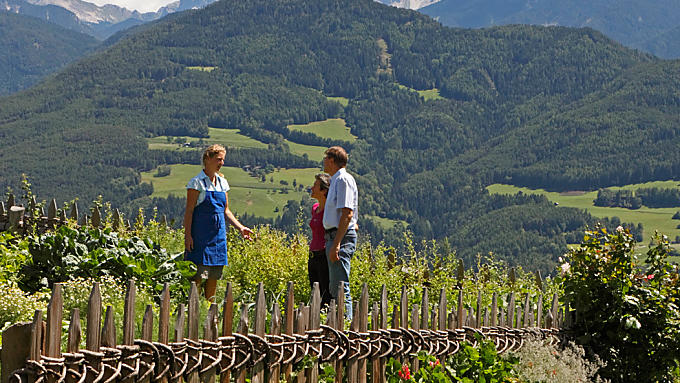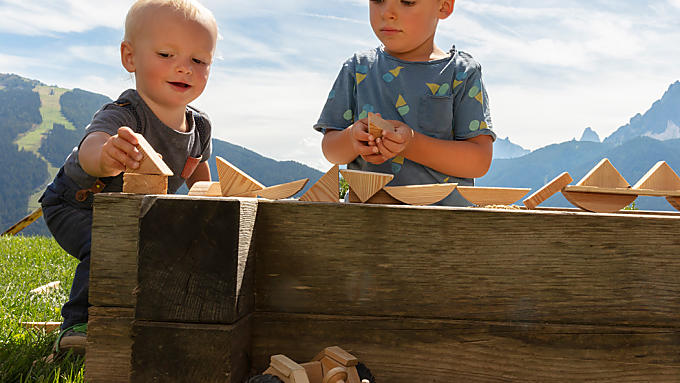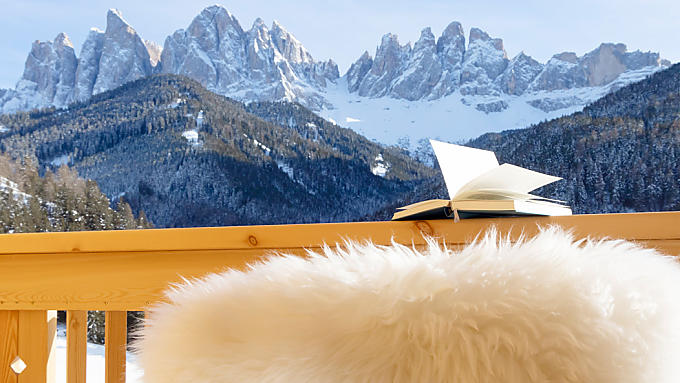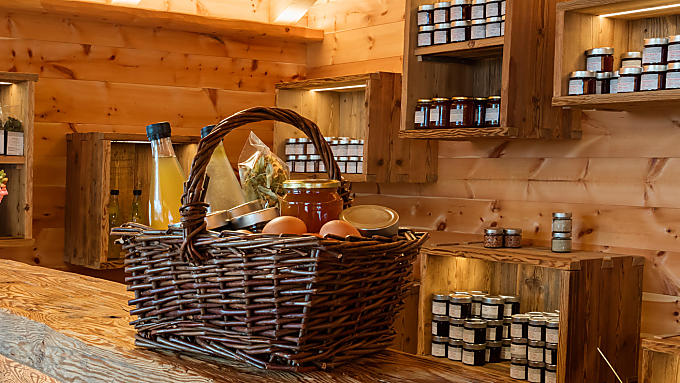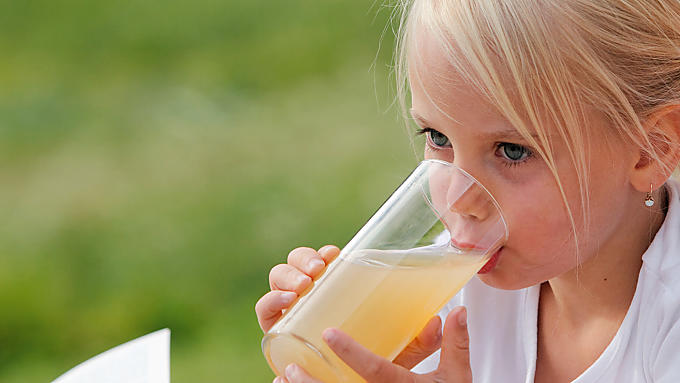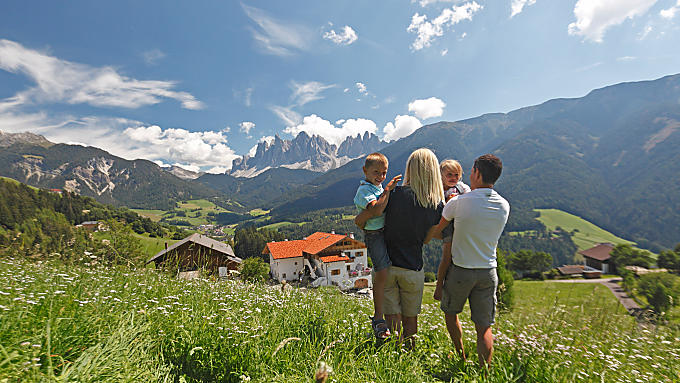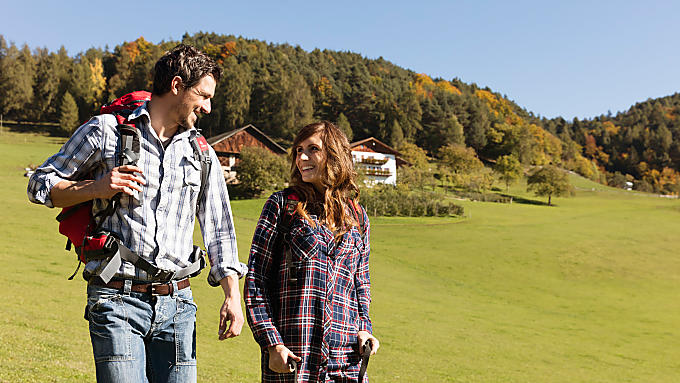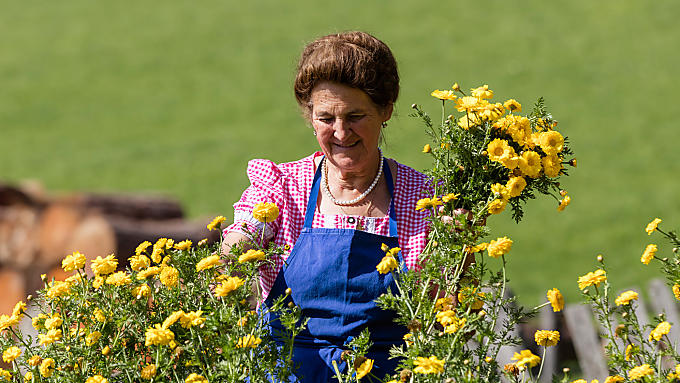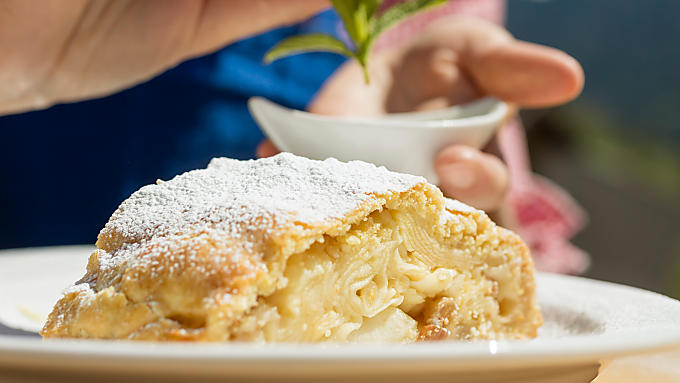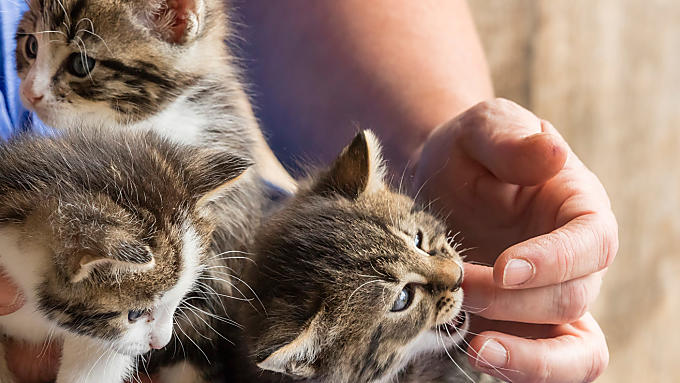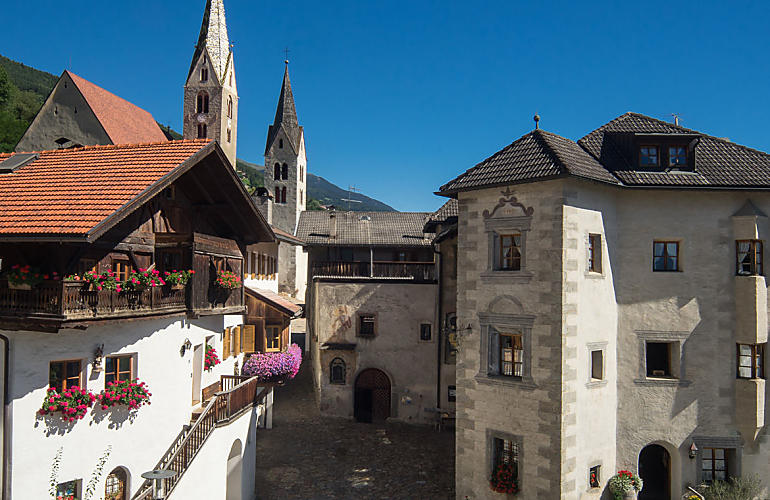
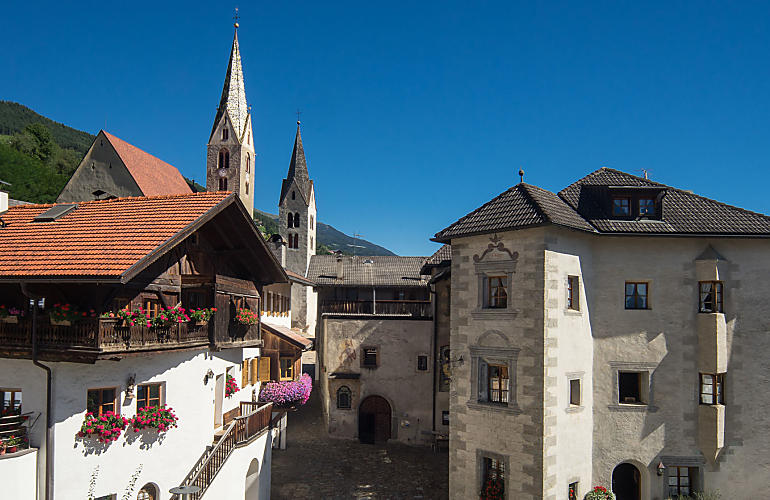
The centre of South Tyrol
Holiday location
Farm Holidays in Villanders
A Farm Holiday in a mountain pasture village: Villanders, at the centre of Eisacktal valley, lies at the foot of one of the largest high pastures in the Alps.
The village of Villanders lies on the sunny eastern slope of the Sarntal Alps above the town of Klausen at an altitude of around 880 metres. The districts of St. Stefan, St. Moritz (Sauders) and St. Valentin also form part of the municipality. Until a road from Klausen to Villanders was built in the 1960s, the population mainly made a living from agriculture. Nowadays, tourism has become an important source of income for the 1,900-person-strong village. The highest point in the parish is the Villanderer Berg mountain at 2,509 metres above sea level.
A Farm Holiday in a mountain pasture village: Villanders, at the centre of Eisacktal valley, lies at the foot of one of the largest high pastures in the Alps.
The village of Villanders lies on the sunny eastern slope of the Sarntal Alps above the town of Klausen at an altitude of around 880 metres. The districts of St. Stefan, St. Moritz (Sauders) and St. Valentin also form part of the municipality. Until a road from Klausen to Villanders was built in the 1960s, the population mainly made a living from agriculture. Nowadays, tourism has become an important source of income for the 1,900-person-strong village. The highest point in the parish is the Villanderer Berg mountain at 2,509 metres above sea level.
Tales of mountain pastures
The village of Villanders, its people and its history have always been bound up with Villanders high mountain pasture, which does not just dominate the surrounding countryside, but was involved in the development of the settlements. There is proof that intensive mining went on over 3,000 years ago from a Bronze Age burnt offering site that was discovered recently. The barren grazing land and lush meadows of the high pasture, which have always provided the basis for farming, were also subject of one of the strangest episodes in Tyrolean history. The pastureland dispute between the municipalities of Villanders and Ritten relating to the right to graze went on for over 500 years and was not settled until 1822. These days, Villanders high mountain pasture, which stretches for over 20 square metres at the border between Sarntal and Eisacktal valleys, has continued to gain in importance thanks to its development in terms of tourism.
Underground sights
Whether it's a short stroll through the village or a long walk on a high mountain pasture, on a Farm Holiday in Villanders, you'll keep coming across impressive witnesses to past times. The Archeopark am Plunacker in the village centre or the menhir at Moar in Ums cult site in the hamlet of St. Valentin will offer insights into a history of settlements that go back more than 6,000 years.
The mines at 'Erlebnisbergwerk' Villanders Adventure Mine allow even deeper insights. The Pfunderer Berg mine was first mentioned in records in a deed of donation going back to the mid-12th century and continued to work, with some interruptions, until the Second World War. It was one of the most important mining areas in Tyrol in the Middle Ages. After a thorough renovation, the mine is open to the public again and may be reached walking from Villanders or walked around on several circular walks. The nearby church of St. Anna, which was the religious centre of the miners for over 150 years, is worth a visit.
Today, even more so-called treasure troves may be seen near the Seeberg mountain on Villanderer Alm in the form of walled-up mine entrances.
Curiosities from Villanders
Anyone spending a holiday in Villanders, will be able to not just tell of the amazing all-round views of the mountains of South Tyrol when they get back, but of the many curiosities found at Villanders, too. These include the 'Totenkirchl' chapel, set at 2,186 metres above sea level, which does not just boast a larger-than-life crucifixion group inside, but scientists have discovered that the chapel is situated right at the heart of South Tyrol in terms of latitude and longitude. The forged crosses in the village graveyard, which are well known beyond the confines of Villanders, are placed not at the head, but at the foot, of their coffins. Biologists recorded an unusual find on the high moors of Villanders in the form of the saurastrum dentatum algae, which until now has only been found on Sumatra.
Tales of mountain pastures
The village of Villanders, its people and its history have always been bound up with Villanders high mountain pasture, which does not just dominate the surrounding countryside, but was involved in the development of the settlements. There is proof that intensive mining went on over 3,000 years ago from a Bronze Age burnt offering site that was discovered recently. The barren grazing land and lush meadows of the high pasture, which have always provided the basis for farming, were also subject of one of the strangest episodes in Tyrolean history. The pastureland dispute between the municipalities of Villanders and Ritten relating to the right to graze went on for over 500 years and was not settled until 1822. These days, Villanders high mountain pasture, which stretches for over 20 square metres at the border between Sarntal and Eisacktal valleys, has continued to gain in importance thanks to its development in terms of tourism.
Underground sights
Whether it's a short stroll through the village or a long walk on a high mountain pasture, on a Farm Holiday in Villanders, you'll keep coming across impressive witnesses to past times. The Archeopark am Plunacker in the village centre or the menhir at Moar in Ums cult site in the hamlet of St. Valentin will offer insights into a history of settlements that go back more than 6,000 years.
The mines at 'Erlebnisbergwerk' Villanders Adventure Mine allow even deeper insights. The Pfunderer Berg mine was first mentioned in records in a deed of donation going back to the mid-12th century and continued to work, with some interruptions, until the Second World War. It was one of the most important mining areas in Tyrol in the Middle Ages. After a thorough renovation, the mine is open to the public again and may be reached walking from Villanders or walked around on several circular walks. The nearby church of St. Anna, which was the religious centre of the miners for over 150 years, is worth a visit.
Today, even more so-called treasure troves may be seen near the Seeberg mountain on Villanderer Alm in the form of walled-up mine entrances.
Curiosities from Villanders
Anyone spending a holiday in Villanders, will be able to not just tell of the amazing all-round views of the mountains of South Tyrol when they get back, but of the many curiosities found at Villanders, too. These include the 'Totenkirchl' chapel, set at 2,186 metres above sea level, which does not just boast a larger-than-life crucifixion group inside, but scientists have discovered that the chapel is situated right at the heart of South Tyrol in terms of latitude and longitude. The forged crosses in the village graveyard, which are well known beyond the confines of Villanders, are placed not at the head, but at the foot, of their coffins. Biologists recorded an unusual find on the high moors of Villanders in the form of the saurastrum dentatum algae, which until now has only been found on Sumatra.
Farm search
Holiday farms in Villanders
3 reasons
A holiday in Villanders
Villanderer Alm: lush
meadows, great views
Narrow, dark tunnels
tours through the mine
Totenkirchlein chapel:
the centre of South Tyrol
Unending variety
A holiday based in a holiday flat or room in Villanders may be made into anything imaginable connected with an Alpine holiday. There is peace and quiet to be had while enjoying the views from Villanderer Berg and tasting local dishes in inns and atmospheric 'Törggelen' cellars or in family-friendly huts on mountain pastures.
A holiday based in a holiday flat or room in Villanders may be made into anything imaginable connected with an Alpine holiday. There is peace and quiet to be had while enjoying the views from Villanderer Berg and tasting local dishes in inns and atmospheric 'Törggelen' cellars or in family-friendly huts on mountain pastures.
Easy walks may be done to the biotopes on Villanderer Alm high plateau or along the 'Waalweg' path following the course of a former irrigation channel leading to the mine. The nearby town of Klausen, beloved of Dürer, affords cultural options and a trip to watch pine being processed at the local distillery will be a learning experience. Winter has its charms, too, with cross-country ski runs, natural sledge runs and winter hiking paths.

